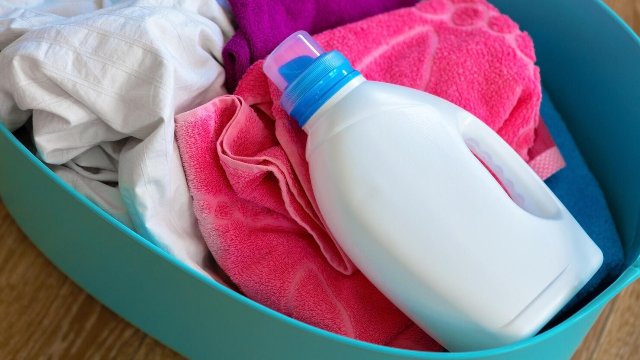The pace of life is so fast today. As a worker, how can you spend time washing? What kind of socks, underpants, clothes... just put them into the washing machine, but which one is dirtier? Can I really mix them? Today, let's talk about underwear and socks

Which is dirtier, underwear or socks
Let's start with socks. As we all know, socks always have a sour smell. This is because socks are stained with sweat secreted by sweat glands of feet. The main components are water, salt, lactic acid and urea. In addition, there will be some bacteria and cutin of the skin. If there is beriberi, socks may also have fungi. Although the smell is bad, the harm is not great.
Are the underpants really clean? Although the underpants look clean, the underpants you wear not only contain bacteria and secretions from your private parts, but also urine stains and feces. Some studies have shown that a pair of dirty underpants you wear is stained with 0.1g of feces on average. In these excreta, in addition to certain water and undigested food residues, there are also fallen intestinal epithelial cells and a variety of microorganisms, including common Escherichia coli and pathogenic microorganisms such as hepatitis A virus, rotavirus and parasitic eggs that may be carried. These microorganisms may have strong pathogenicity. If you touch these pathogenic microorganisms on your hands, you may transmit diseases through fecal oral route.
So underwear is actually dirtier than socks.

Can I wash underpants and socks together
Considering that underwear and socks contain different kinds of bacteria, viruses and other microorganisms, if they are washed together, cross infection may occur. In most of our laundry products, there is no additional disinfectant added. If the two are mixed, cross infection may occur. Therefore, mixed washing is not recommended.
However, mixed washing is not absolutely forbidden. If mixed washing is required, the following strict conditions shall be met at the same time:
① Healthy and immune normal solitary or single people (if they share washing machines, they may not know the health of others);
② Healthy foot skin, with gaps between toes, can keep dry, and there is no peeling, scaling, blisters on the feet. Although the feet taste, they are cleaner than the hands because they have less contact with the outside world;
③ No infectious diseases of urinary system and reproductive system;
④ Daily change of underwear and socks;
⑤ After washing, the clothes are quickly dried or even dried.

Can beriberi infect private parts
Beriberi is called "tinea pedis" in medicine, which is a kind of disease mainly caused by contact with fungi. In a humid and warm environment, the ubiquitous fungal spores are easy to grow and reproduce in the skin damaged areas (such as foot ulceration and immersion). If you wear shoes that are not breathable, you are more likely to get beriberi.
Fungal invasion of hands and feet can lead to onychomycosis, commonly known as onychomycosis. It can also invade private parts, causing tinea cruris (rotten crotch), female fungal vaginitis, etc. Its clinical manifestations are itching, scaling, chapping, blisters, and leukorrhea like tofu dregs. The foreskin of some men is long, covering most of the glans, and bacteria are easy to breed. Some girls are too clean and often clean their vaginas. In fact, this will damage the vaginal flora balance system. At this time, unclean footwear, wet insoles, towels shared by many people, public slippers and bathtubs that are not disinfected in time may cause fungal infection. For people with beriberi, washing underwear and socks indiscriminately will have a certain impact on privacy.

How to Clean Underwear and Socks Correctly
Pay attention to the cleaning method
Prepare a special basin for washing underwear or socks, or use flowing water under the tap to wash underwear or socks, so that certain bacteria can be washed away.
Rational Selection of Detergents
Use detergents with strong decontamination ability, or add disinfectants to catch all potential pathogenic bacteria.
Correct drying
After washing, it should be dried in time or dried in the sun. Try to avoid drying wet underwear or socks in a damp environment, otherwise it will aggravate the propagation of bacteria.
Change and wash on schedule
Do not wash underwear and socks together, but change them every day. If not cleaned in time, it is easy to breed a large number of bacteria and mold.





